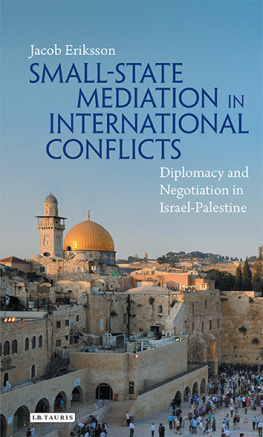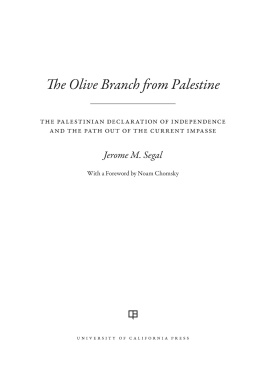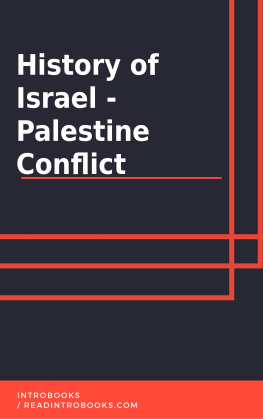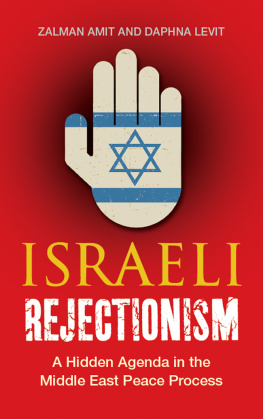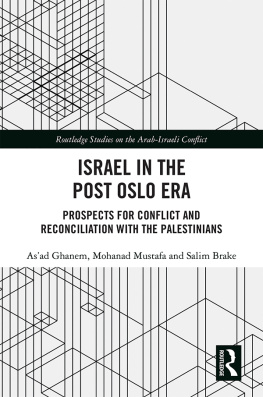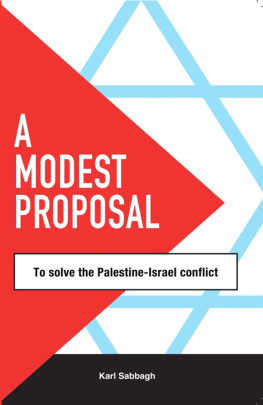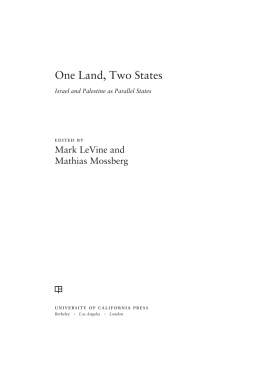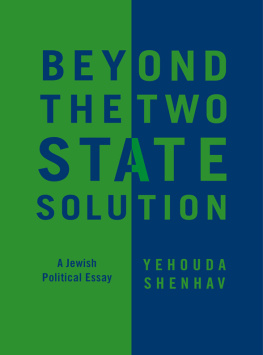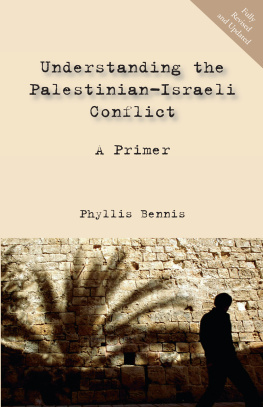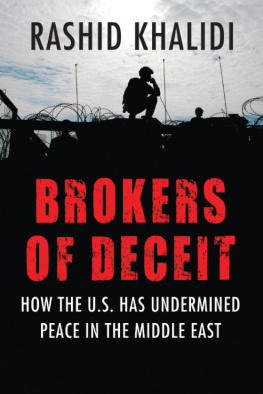Jacob Eriksson is a lecturer in Post-war Recovery Studies in the Post-war Reconstruction and Development Unit (PRDU) at the University of York. He holds BA and MA degrees from the War Studies Department at Kings College London, and a PhD from the School of Oriental and African Studies (SOAS).
This work highlights Norway and Sweden, two smaller states, in one of the world's most intractable conflicts, the one between Israel and its neighbours. It is a story about how these states contributed to changes towards a more peaceful future. In particular, Eriksson's work brings forward the lesser-known contributions of Sweden, before and parallel to the process known as Oslo. It demonstrates that smaller states can do things that are difficult for more powerful actors, but it also points to some of the limits in small state peace diplomacy.
Peter Wallensteen, Professor of Peace and Conflict Research,
Uppsala University and University of Notre Dame
Having spent the better part of a professional lifetime in the study of peace through international diplomacy, conflict prevention and conflict mediation, Eriksson's narrative of Sweden's endeavours in the Israeli-Palestinian context is insightful and intriguing. He skilfully highlights not only the possibilities, but also the limitations, of small-state mediation in international conflicts.
Jan Eliasson, Deputy-Secretary General, The United Nations
SMALL-STATE
MEDIATION IN
INTERNATIONAL
CONFLICTS
Diplomacy and Negotiation in IsraelPalestine
J ACOB E RIKSSON
Published in 2015 by
I.B.Tauris & Co. Ltd
London New York
www.ibtauris.com
Copyright 2015 Jacob Eriksson
The right of Jacob Eriksson to be identified as the author of this work has been asserted by the author in accordance with the Copyright, Designs and Patents Act 1988.
All rights reserved. Except for brief quotations in a review, this book, or any part thereof, may not be reproduced, stored in or introduced into a retrieval system, or transmitted, in any form or by any means, electronic, mechanical, photocopying, recording or otherwise, without the prior written permission of the publisher.
Every attempt has been made to gain permission for the use of the images in this book.
Any omissions will be rectified in future editions.
References to websites were correct at the time of writing.
Library of International Relations 76
ISBN: 978 1 78453 229 1
eISBN: 978 0 85773 911 7
A full CIP record for this book is available from the British Library
A full CIP record is available from the Library of Congress
Library of Congress Catalog Card Number: available
For my parents, Bo and Annika, and Emily
ACKNOWLEDGEMENTS
This book is the product of many years of research, beginning during my MA in the War Studies Department at King's College London. My interest in Sweden and the IsraeliPalestinian peace process then developed into a PhD at the School of Oriental and African Studies in London. These were some of the best years of my life to date, so there are many thanks due to those who were a part of them.
First and foremost, I would like to thank my parents, Bo and Annika, for everything they have given me, including the opportunity to pursue this research. Without their support, neither this book nor my doctorate would have been possible. My father's advice, constructive criticism of earlier drafts, and encouragement throughout the process has been invaluable.
Thanks to a grant from the University of London Central Research Fund I was able to undertake research in Israel, the West Bank, and the USA, in addition to my research in Sweden and the UK. I am deeply indebted to all of my interviewees who took the time to speak with me about their experiences in the peace process and share their analysis of these complex events. Sadly, two interviewees Amnon Lipkin-Shahak and Ron Pundak have since passed away. I feel immensely privileged to have met them and discussed their work.
Thank you to Steph, Sam and Reed, Adi and Alain in New York, and Xitij and the Rais in DC. I am eternally grateful to Marc, Yaniv and Ranit in Tel Aviv and Tomer, Merav and Itay in Jerusalem for their friendliness, generosity, and kindness. A big thank you also to Jared for showing me Ramallah for the first time, making subsequent trips that much easier.
Thank you to the archivists at the Swedish Labour Movement Archives and Library in Stockholm and the Liddell Hart Centre for Military Archives at King's College London for their assistance in procuring an awful lot of material, sometimes at short notice. I am also indebted to the Trustees of the Liddell Hart Centre for Military Archives for allowing me to quote from their collections.
Thank you to Professor Colin Shindler, my PhD supervisor, for his advice and guidance over the years, and to Professors Clive Jones and Neil Lochery for their comments as examiners of my doctoral thesis. Thank you also to Dr Ahron Bregman at King's for stimulating my interest in the subject in the first place, and encouraging me to pursue this specific research project. Thanks are also due to Maria Marsh, my editor at I.B.Tauris, for her comments on the manuscript and her help guiding me through the publishing process.
Finally, thank you to my wonderful partner Emily who has been so encouraging and supportive throughout it all. I look forward to our many trips to Israel and, hopefully one day, the state of Palestine to show you these places that I find so fascinating.
Jacob Eriksson
York
A NOTE ON SOURCES AND TRANSLATION
This book is based on a combination of primary sources original interviews with key negotiators and officials, in addition to new archival research and analysis of existing secondary sources.
Due to official secrecy restrictions, the archival material which informs this book is not from the official archives of the Ministry of Foreign Affairs, but the personal collection of former Swedish Foreign Minister Sten Andersson. It is a mixture of official documents, press releases, personal correspondence and press cuttings which cover roughly two decades of involvement in the IsraeliPalestinian peace process which Andersson, upon his death in 2006, bequeathed to the archives of the Swedish Social Democratic Party. As such, it is important to note that this is not an exhaustive and complete collection of Foreign Ministry documents from this period, but a selective one. There is no accounting for documents which Andersson himself may have chosen to omit from this collection.
As a result of this lack of official archival material, one of the key primary sources of information are the people themselves, the politicians and negotiators who took part in and shaped the events examined in this book. While most of their contributions are attributed, some contributions remain anonymised at their request. Every effort has been made to piece together an accurate picture of events from multiple sources. Personal recollections have been weighed against each other, against information from archival sources and existing secondary sources, in an attempt to find the most widely corroborated accounts of events. Where accounts differ, I have tried to make this clear and provide the differing perspectives as presented to me in my research. While a number of key figures were unfortunately not available for interview, despite the best efforts of the author, their views have been obtained as far as possible through other interviews and secondary sources.

